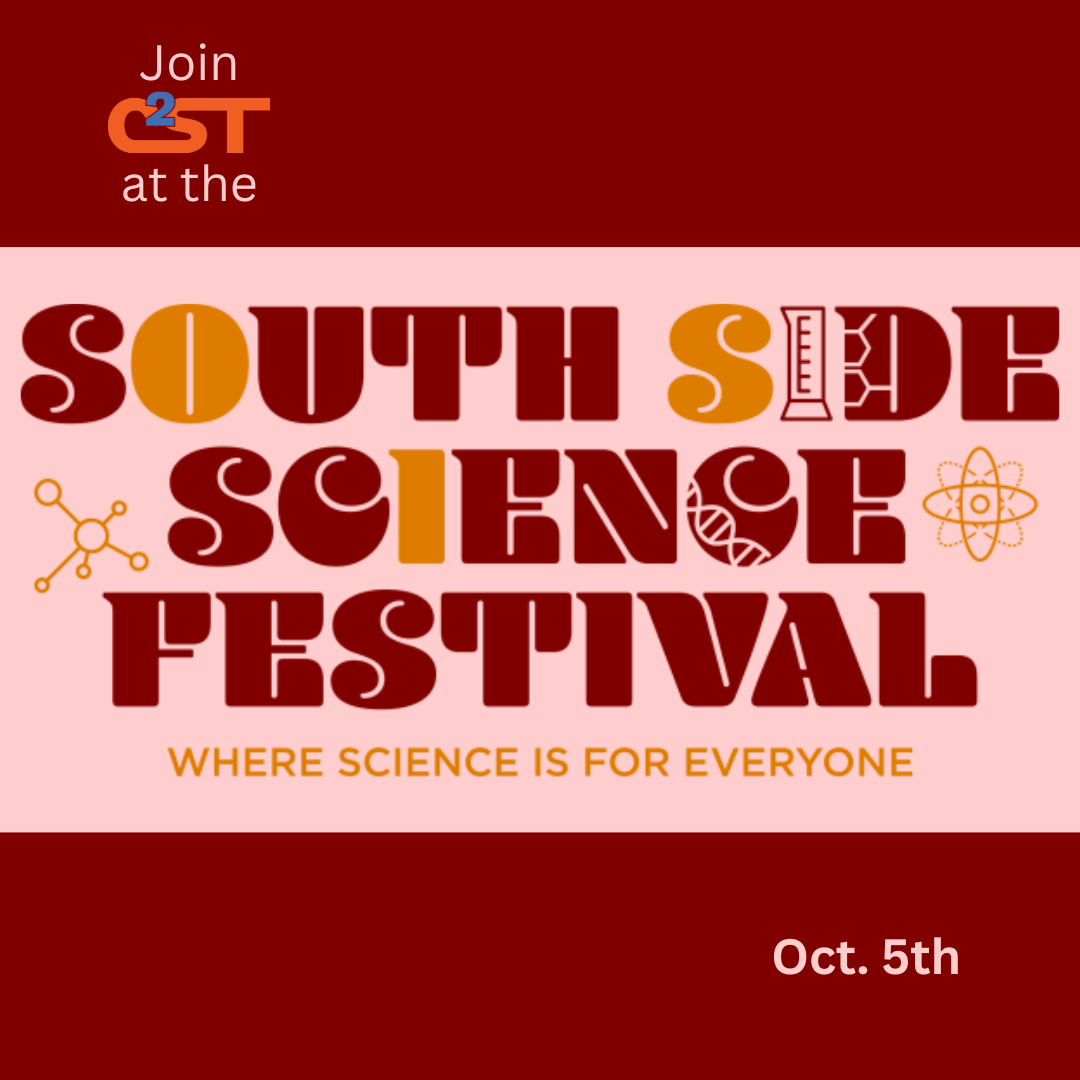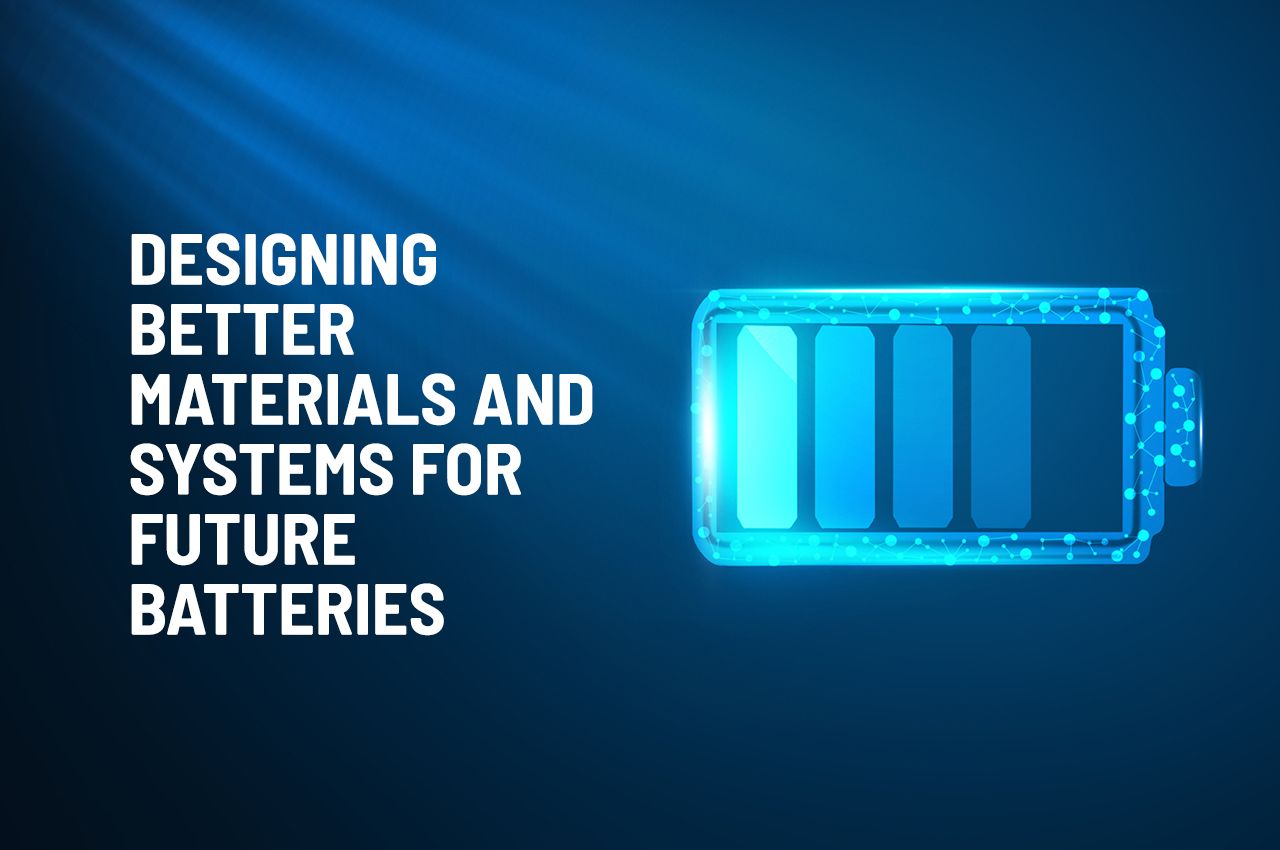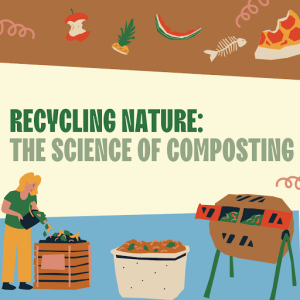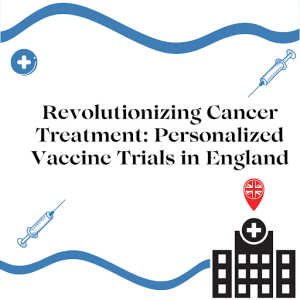How is Advanced Technology Improving the Olympics?
By Erin Scheg, C2ST Intern, Loyola University
Like billions of people across the globe, I watched countless hours of the Paris 2024 Summer Olympic Games. While tuning in to the much anticipated event, I was amazed to learn about the advancing technology implemented into every aspect of the Games. Technology has played a large role in improving the experiences of the viewer and athlete alike. From improving the safety, health, and performance of the athletes to offering perspectives that remote viewers could never have imagined, technology has radically changed the Olympic experience.

Continue reading “How is Advanced Technology Improving the Olympics?”




